
According to the joint statement of the two companies released on Tuesday, Hungarian Cerbona has acquired the trademarks of Boci, Melba, and Párizsi kocka. The transaction will be finalized on 22 May 2024; until then, Nestlé will continue to manufacture the products to ensure the continuity of supply.

Head of Rheinmetall Power Systems division Christoph Müller noted at the ceremony that Szeged will be the group’s first hybrid site, where the civil business and defence technology activities will operate under one roof. The initial step will be the construction of a 15,000 square metre plant on the 85,000 square metre area adjacent to the ELI ALPS laser research centre, providing jobs for three hundred highly skilled professionals.
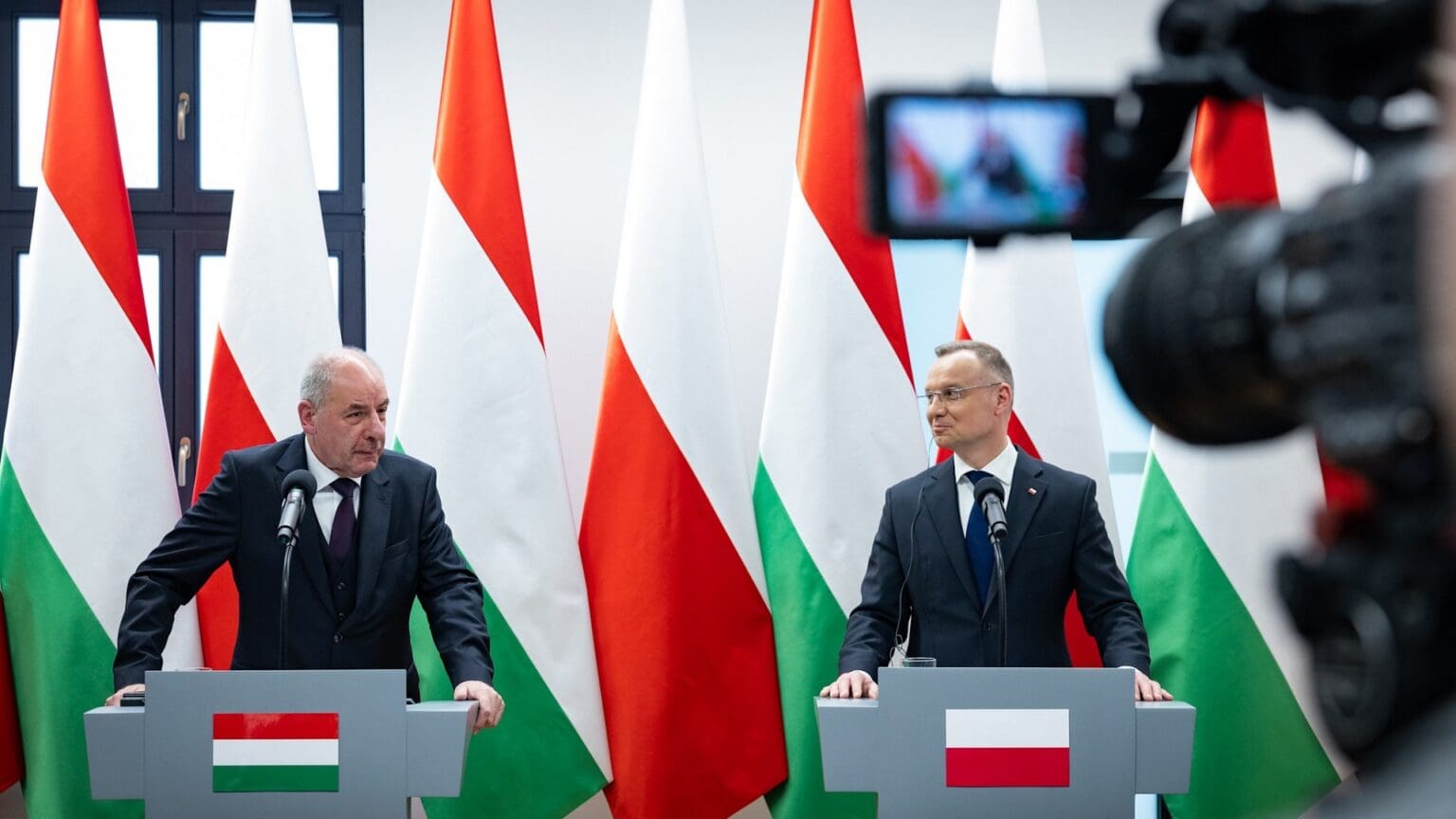
Tamás Sulyok visited Poland on the Day of Polish–Hungarian Friendship, marking the extraordinary and long-standing relationship between the two Central European nations.

The idea to involve community police in the organized detection and elimination of illegal waste dumps arose because they are constantly present in the settlements, perform various tasks, such as patrolling urban and rural areas, including with mounted patrols, and use dogs, bicycles, and motorcycles to carry out their tasks, thus making their work more effective.
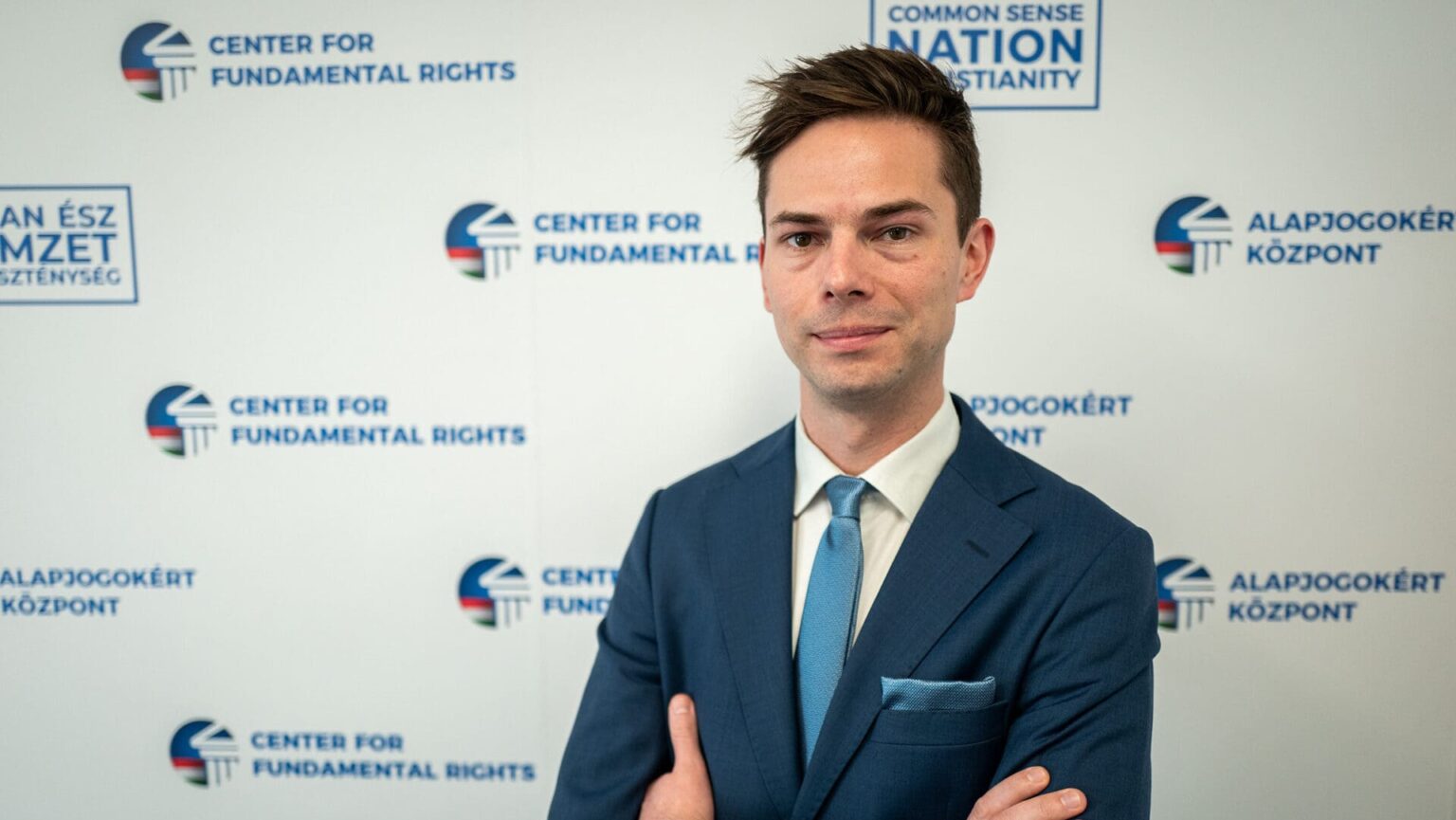
‘An optimistic scenario is that the coming years in opposition would be used by conservative forces in Poland similarly to what Viktor Orbán and his camp did during the years 2002–2010 spent in opposition.’

‘I am a qualified admirer of what has been done in Hungary over the last decade and a half. We can learn a lot from the fairly uncompromising attitude of the Hungarian government on issues such as state authority and the nation. I would also mention the handling of migration and the fact that the Hungarian government just didn’t care what others think in this matter: they just focused on protecting their borders.’
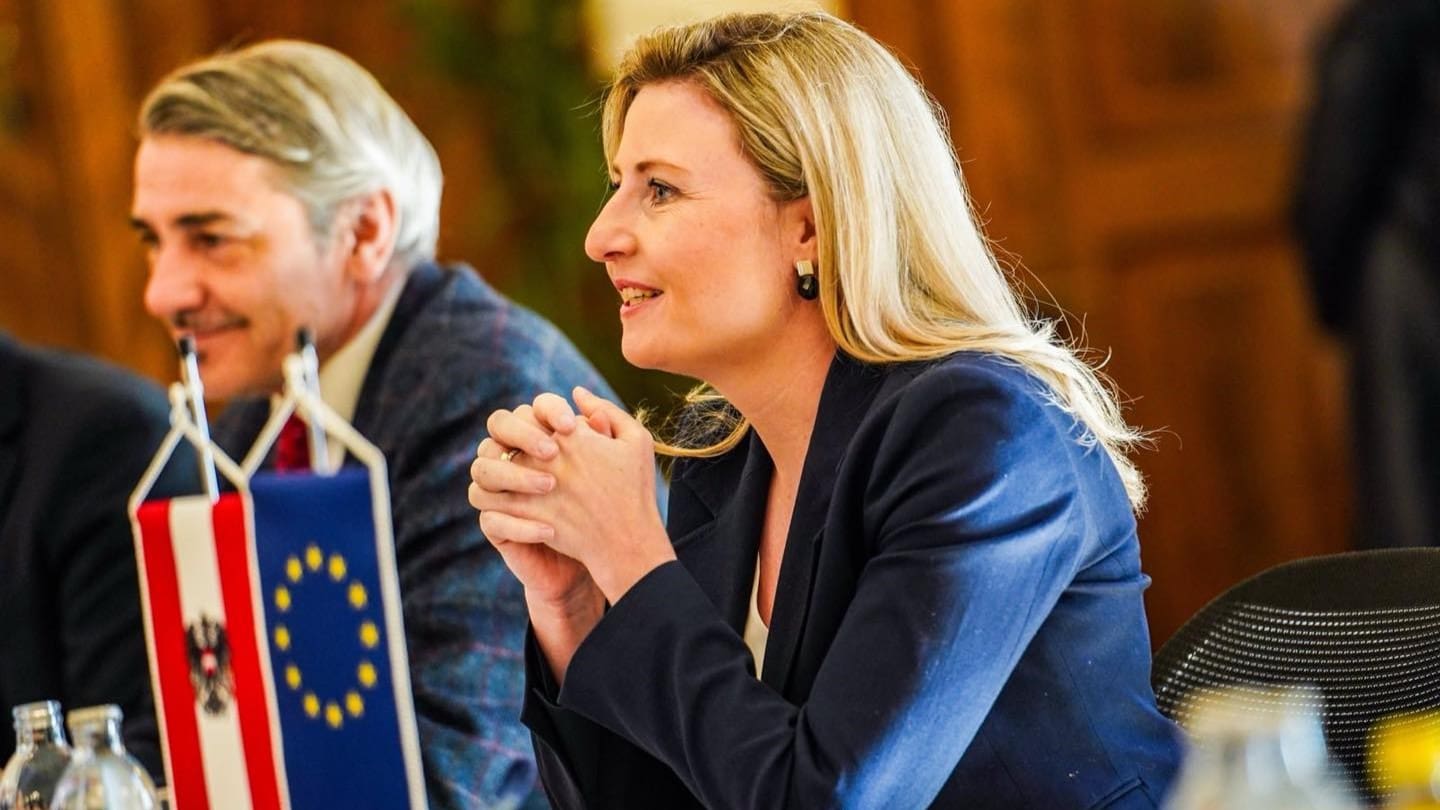
According to State Secretary for Assisting Persecuted Christians and Implementing the Hungary Helps Program Tristan Azbej the purpose of the meeting was for the Hungarian government to share its knowledge and experience regarding Hungary’s policy of aiding persecuted Christians.
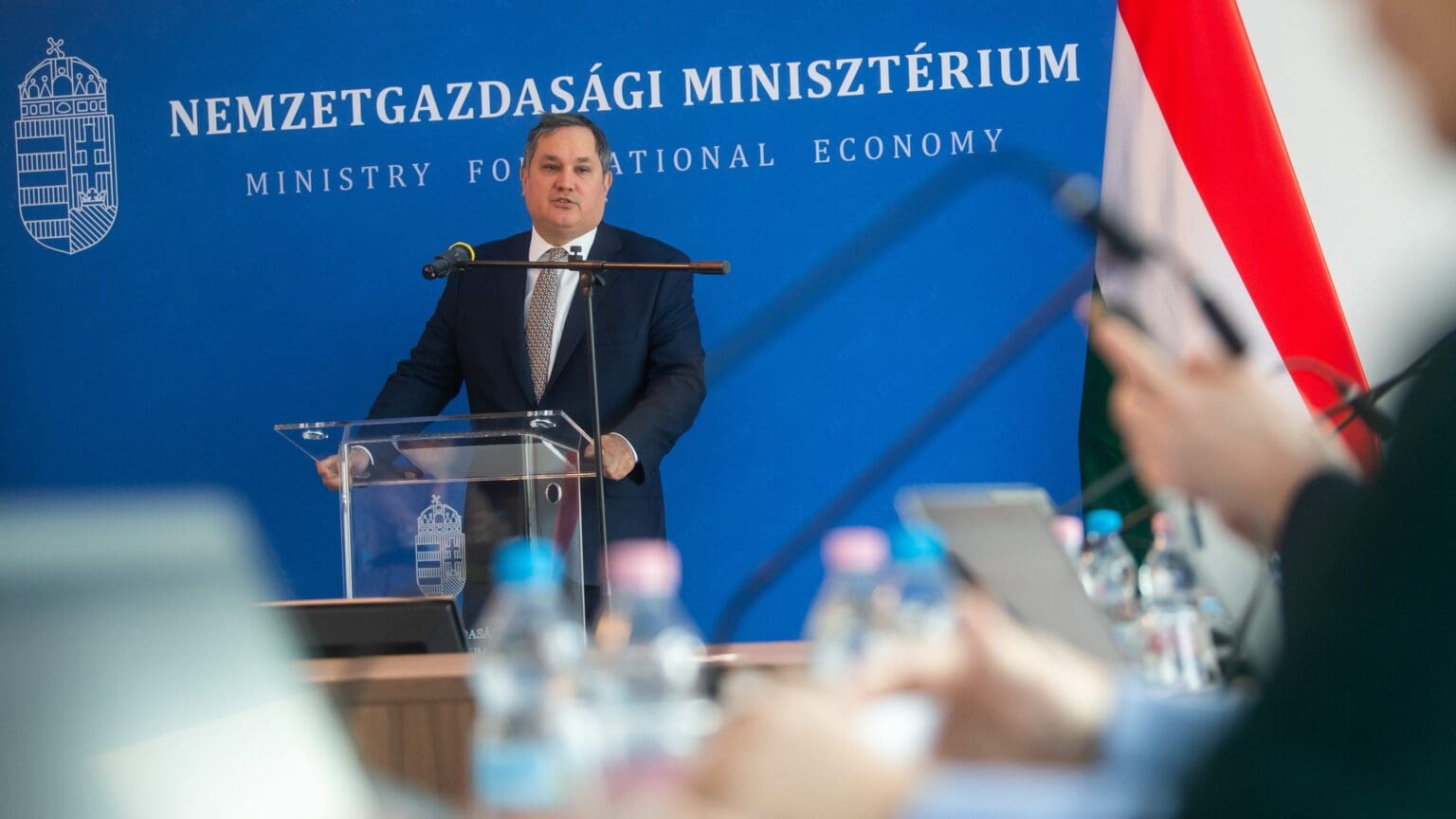
Minister for National Economy Márton Nagy presented the new competitiveness strategy for 2024–2030 adopted by the government at a press conference held in Budapest on Monday. According to him, economic growth between 2 to 3 per cent is expected this year.

After vetoing the call for a ceasefire in Gaza in February, Hungary ultimately subscribed to a joint statement on 21 March for the first time since the outbreak of the Israel–Hamas war. Thus, EU leaders have unanimously called for ‘an immediate humanitarian halt leading to a sustainable ceasefire’ in Gaza.

The latest episode of the BBC’s top-rated business reality show, The Apprentice, showcases the most beautiful sights of Budapest, potentially attracting tens of thousands of British tourists to Hungary.

Both Viktor Orbán and Péter Szijjártó have extended their condolences to Russia over the tragic events that occurred last Friday at the Crocus City Hall in Moscow. The circumstances surrounding one of the most brutal terrorist attacks in decades remain unclear.

Among the foods eaten in Italy at Easter, Gianni Annoni highlighted lamb, which is mainly imported from Hungary. He added that eggs are also important, used to decorate savoury cakes, especially in southern Italy, along with spring vegetables and Easter desserts.

A driver drifted off the road and into a crowd of spectators at the Esztergom–Nyerges rally near Lábatlan, Hungary. The tragic accident killed four and injured eight.

Relics of Budapest’s metro will be showcased in a special exhibition space set up in the former dispatcher centre at Deák Ferenc Square station on metro line M2. The exhibition will open this Saturday.

With the early arrival of spring this year, the country’s arboretums and botanical gardens are in full bloom now. Magyar Krónika collected a set of arboretums worth visiting this March.
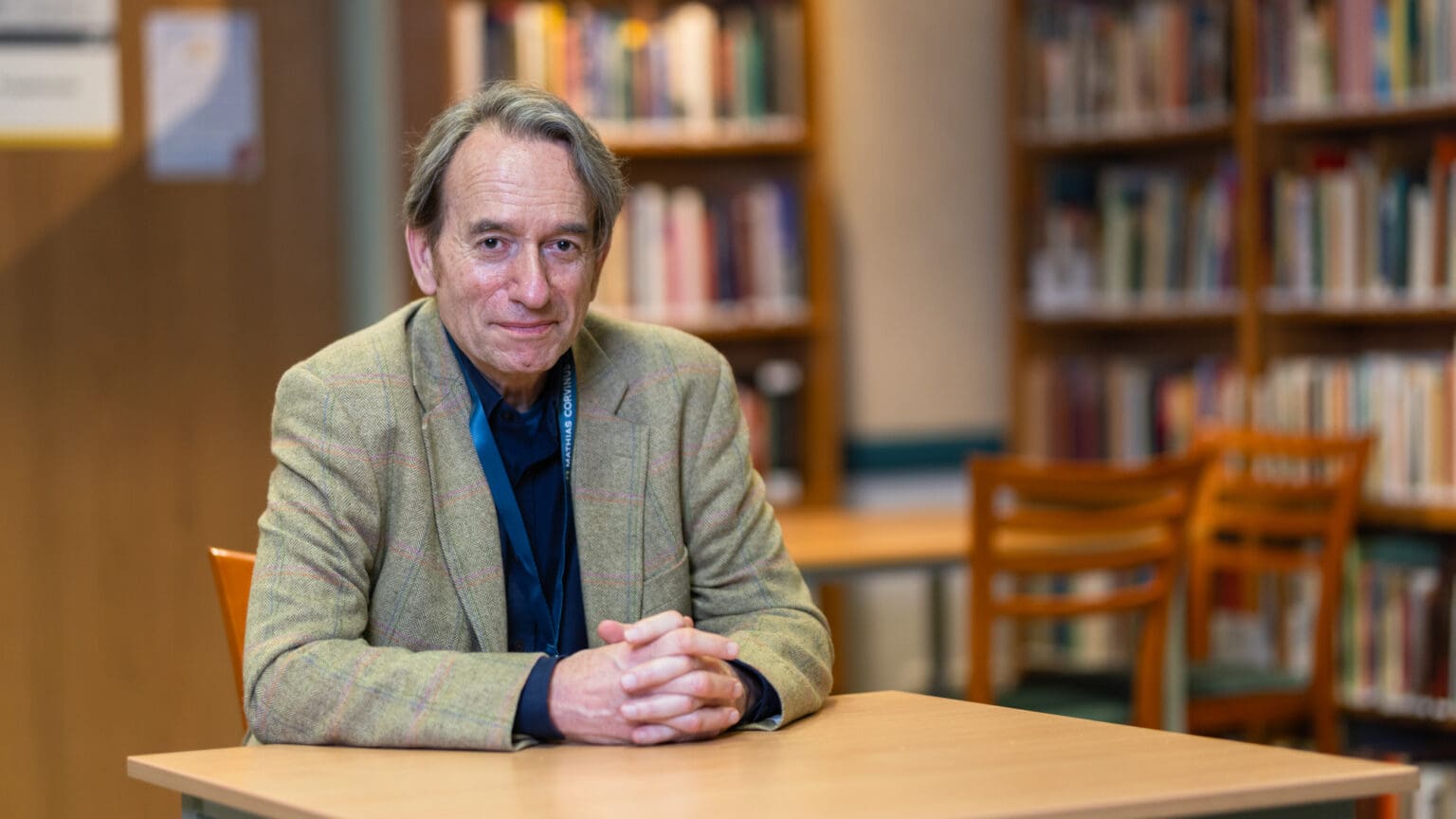
According to Martin Robinson, the essential question about the use of AI in general is whether it is humans who remain in charge of and part of the process, or not.

Hungarian American Tisza Fizli was born and raised in Los Angeles but currently studies economics in Hungary, at Corvinus University as a Diaspora Higher Education Scholar. In the interview, she talks about her Hungarian roots, her upbringing, and her love for the city of Budapest.
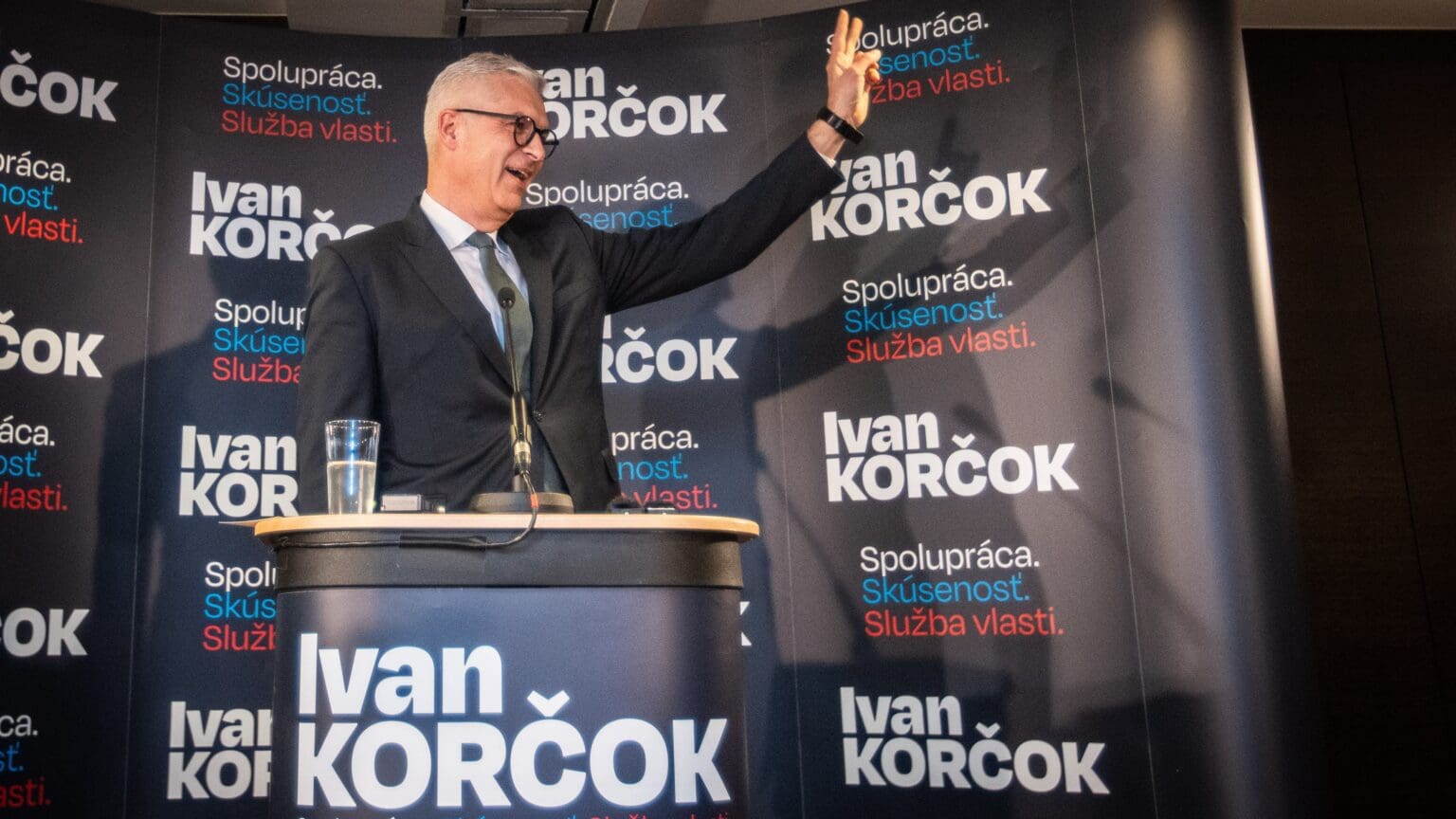
While conservative ethnic Hungarians mainly stood behind Alliance candidate Krisztián Forró, a significant part of the liberal camp either stayed away from the polls or voted for the liberal–progressive Slovak candidate in the first round. From the Hungarian perspective, it is also ominous that the participation in the Hungarian-majority Southern areas was well below that of the rest of the country. If this trend is not reversed shortly, it could lead to dire political consequences for the whole ethnic community.
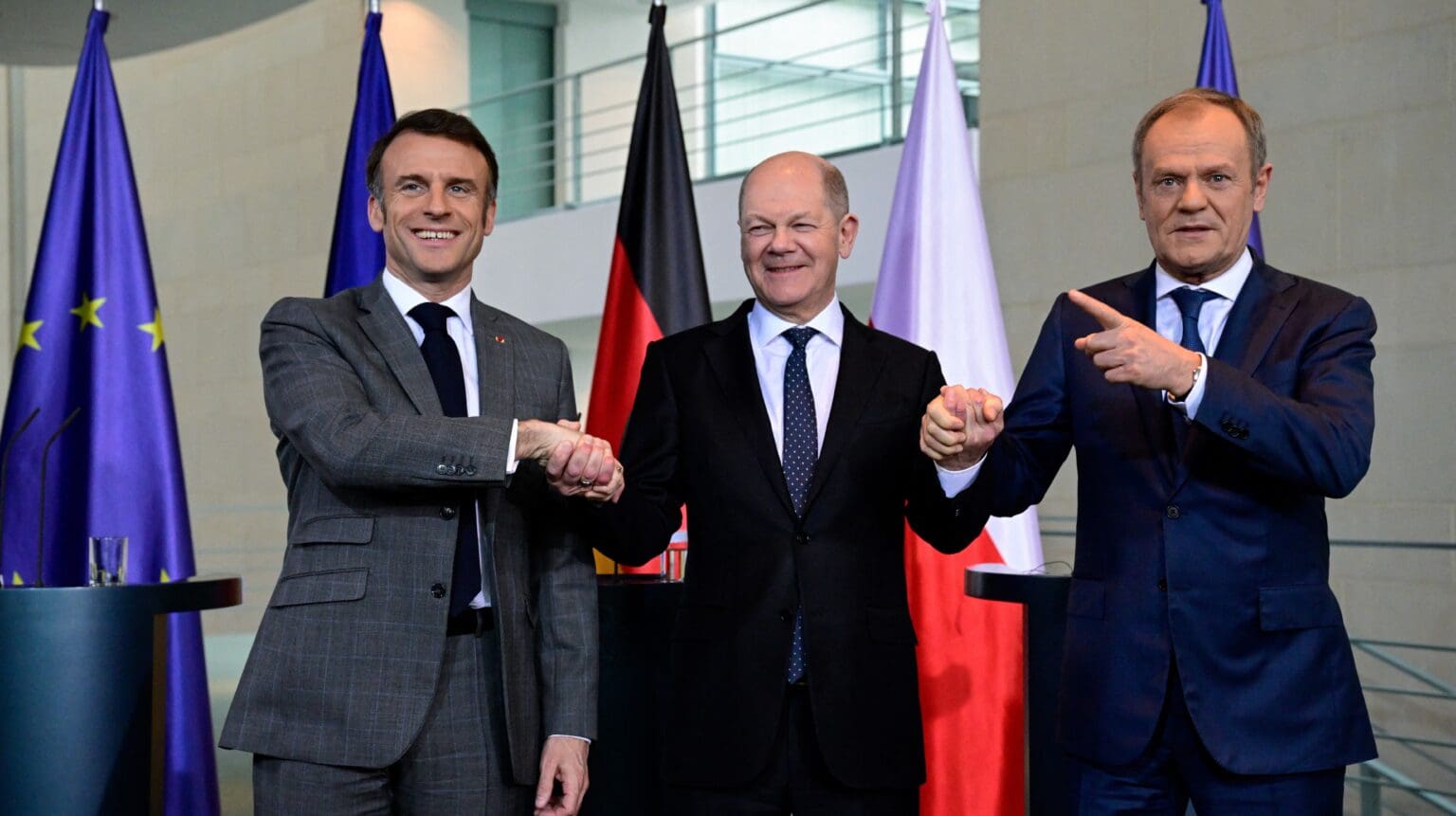
‘Strategic uncertainty is not a universal elixir, but merely one of the tools in a politician’s and a strategist’s toolbox. It is important to know when to use it, but it is perhaps even more important to know when not to. For strategic uncertainty to be an effective tool, serious kinetic action must sometimes be added to the bluffing and the show of force.’

Hungary’s comprehensive family support system has garnered international attention; in order to become acquainted with the policies of Hungary, family-friendly countries frequently consult with government organizations, including the Mária Kopp Institute for Demography and Families.

In a time when Hollywood seems to be very concerned with not offending anyone, horror films depicting Catholic imagery along with blood and gore are still common—Immaculate starring Sydney Sweeney, for example, is being released in theatres this week.

‘The fact that Hungary has to fight like hell for its right to be normal is a sign of the times. So is the fact that in America, as in almost every Western country, the borders are a fiction, our heroes are hated, our free speech is taken away from us, scientists proclaim the desirability of sculpting the genitals of children into works of art—and these things barely make news. We have grown accustomed to decadence.’

‘The way PM Orbán has redefined Hungarian identity and sought to maintain, develop and foster relationships with Hungarians who were dispossessed of their homeland in the Treaty of Trianon is something I personally have tremendous respect for. ’

‘We believe that the Hungarian model is the right one, whereby asylum applications must be made outside the EU and refugees are only allowed to come after proper checks have been carried out. This is so because the Hungarian government holds, in accordance with international law, that refugees are entitled to asylum in the first safe country they reach, not in any, distant country of their preference.’

A woman at a Planet Fitness gym in Fairbanks, Alaska took photos of a biological man shaving in the women’s dressing room. The company has a policy which allows customers to choose the dressing room which best aligns with ‘self-reported gender identity’. A similar case in California in 2021 ended up with criminal charges for a man in the women’s locker room.

The Hungarian NGO Menedék is behind the project to give reliable and up-to-date information for foreign workers and refugees currently located in Hungary. According to the website, there are 70,000 foreign workers employed in the country today.
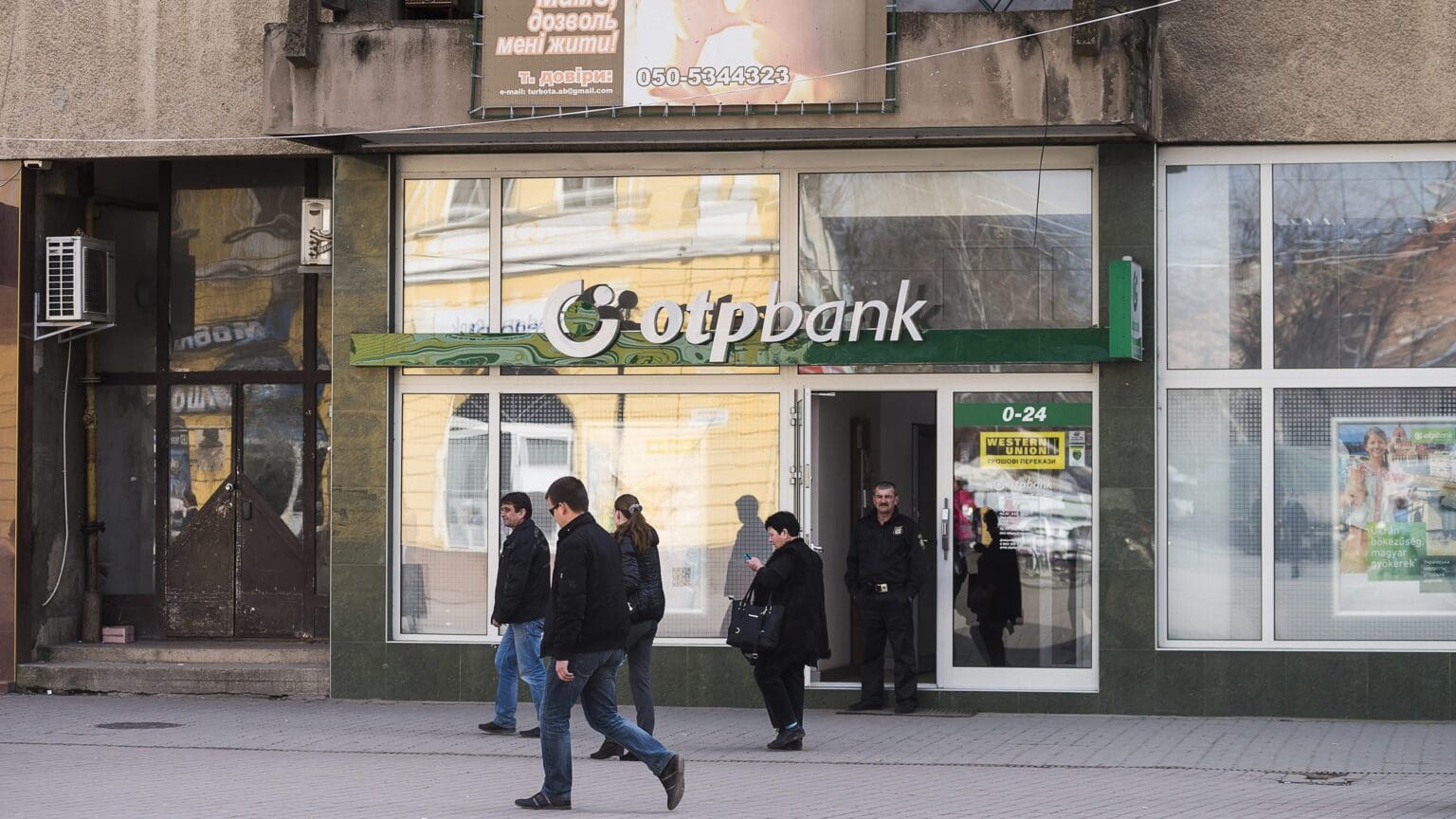
With increasing international pressure, Ukraine is set to abandon its list of ‘international sponsors of the war’. For a significant period, this list featured the largest Hungarian bank, OTP, leading to considerable tension between Hungary and Ukraine.
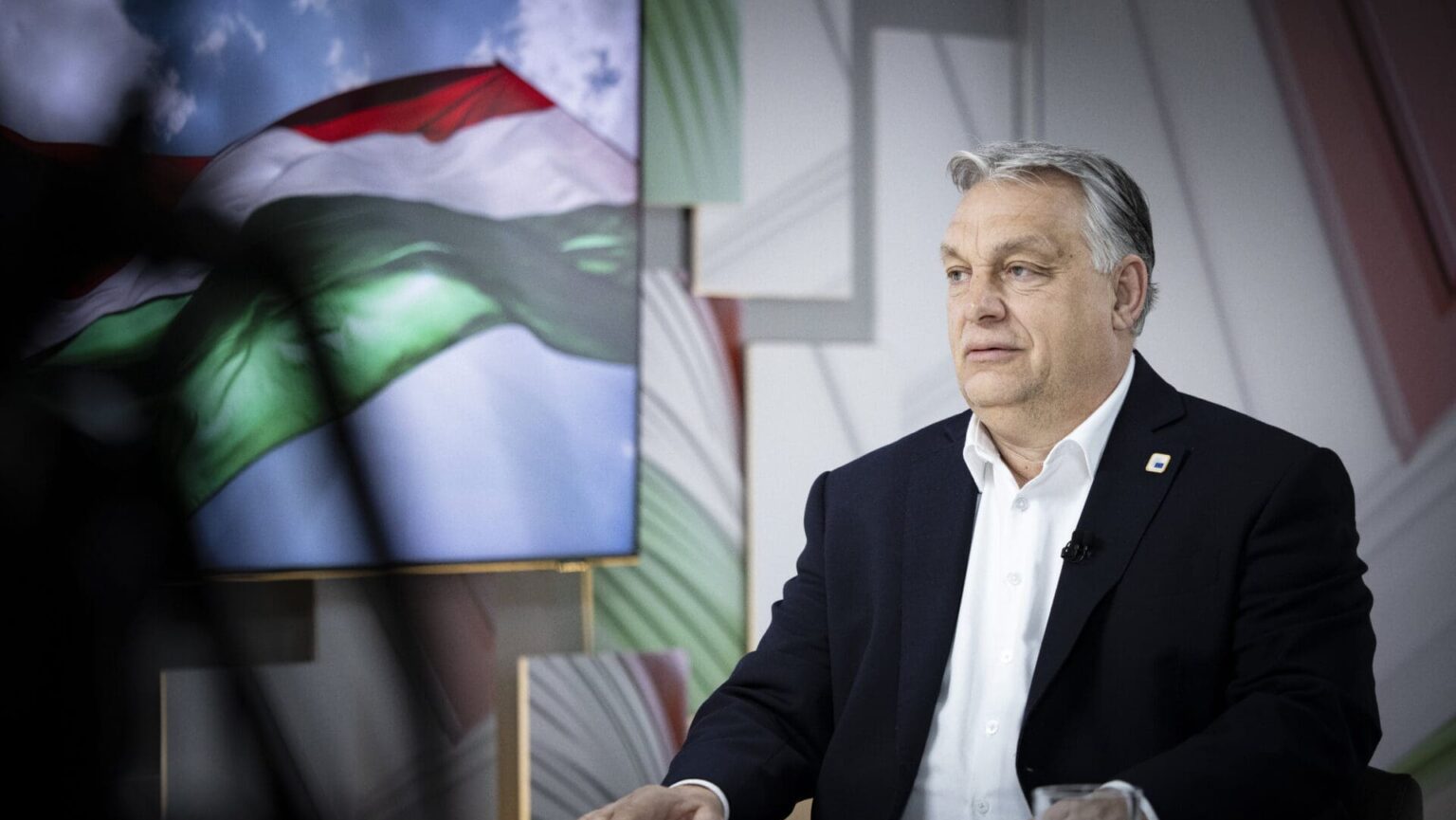
In his regular Friday morning interview with public Kossuth radio, Viktor Orbán stated that in terms of European political struggles, traditional categories have been used so far, such as right-wing, left-wing, globalist, or sovereigntist forces, but now a new dimension has opened up: the decisive question will not be about party affiliation, but about who is for peace and who is for war.
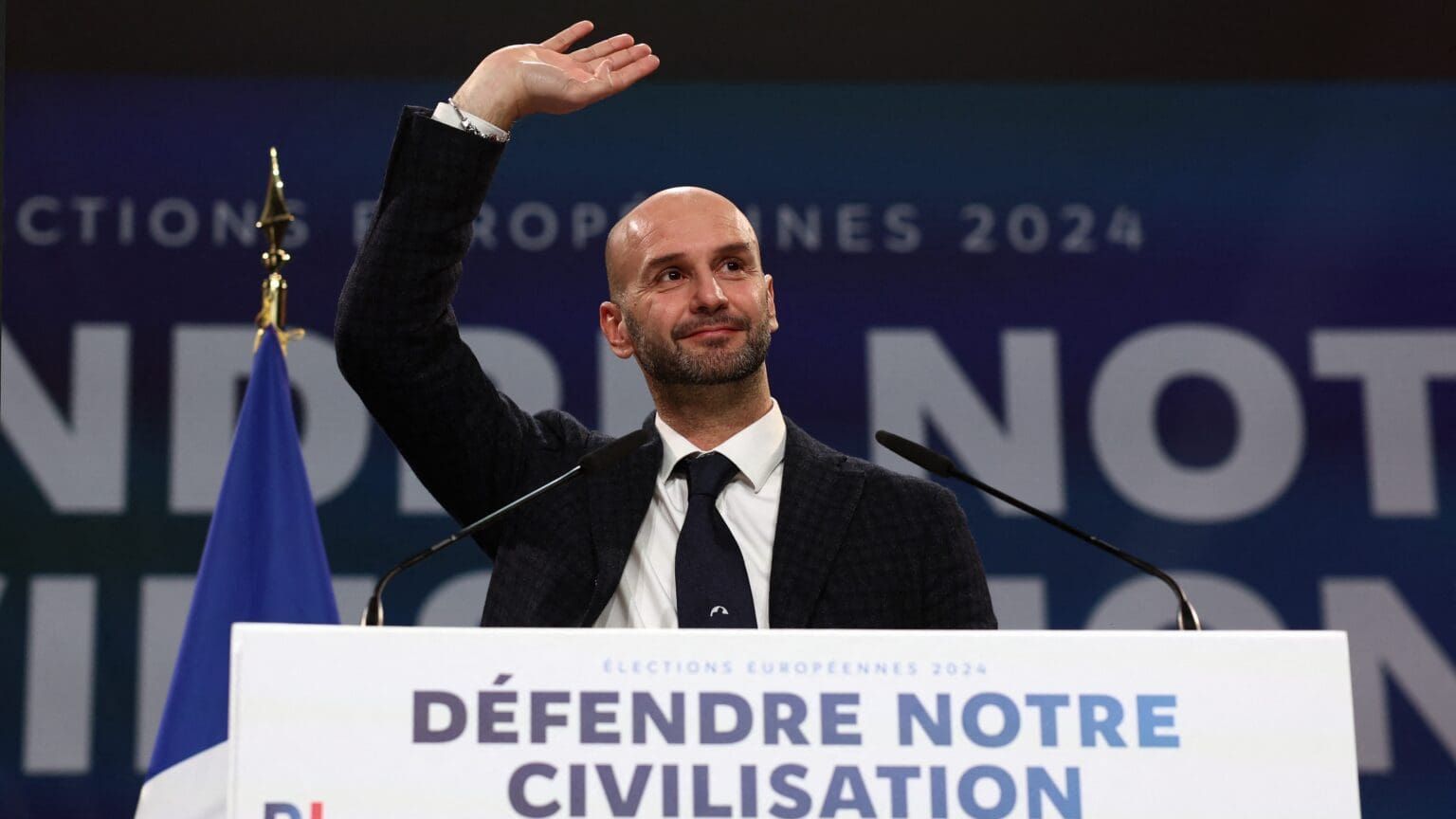
According to Nicola Procaccini, those who attempt to demonize Viktor Orbán are seeking to impose their minority political perspectives onto others. The remarks made by the co-chair of the European Conservatives and Reformists signify another indication that Fidesz may indeed join the conservative political group following the European elections in the summer.
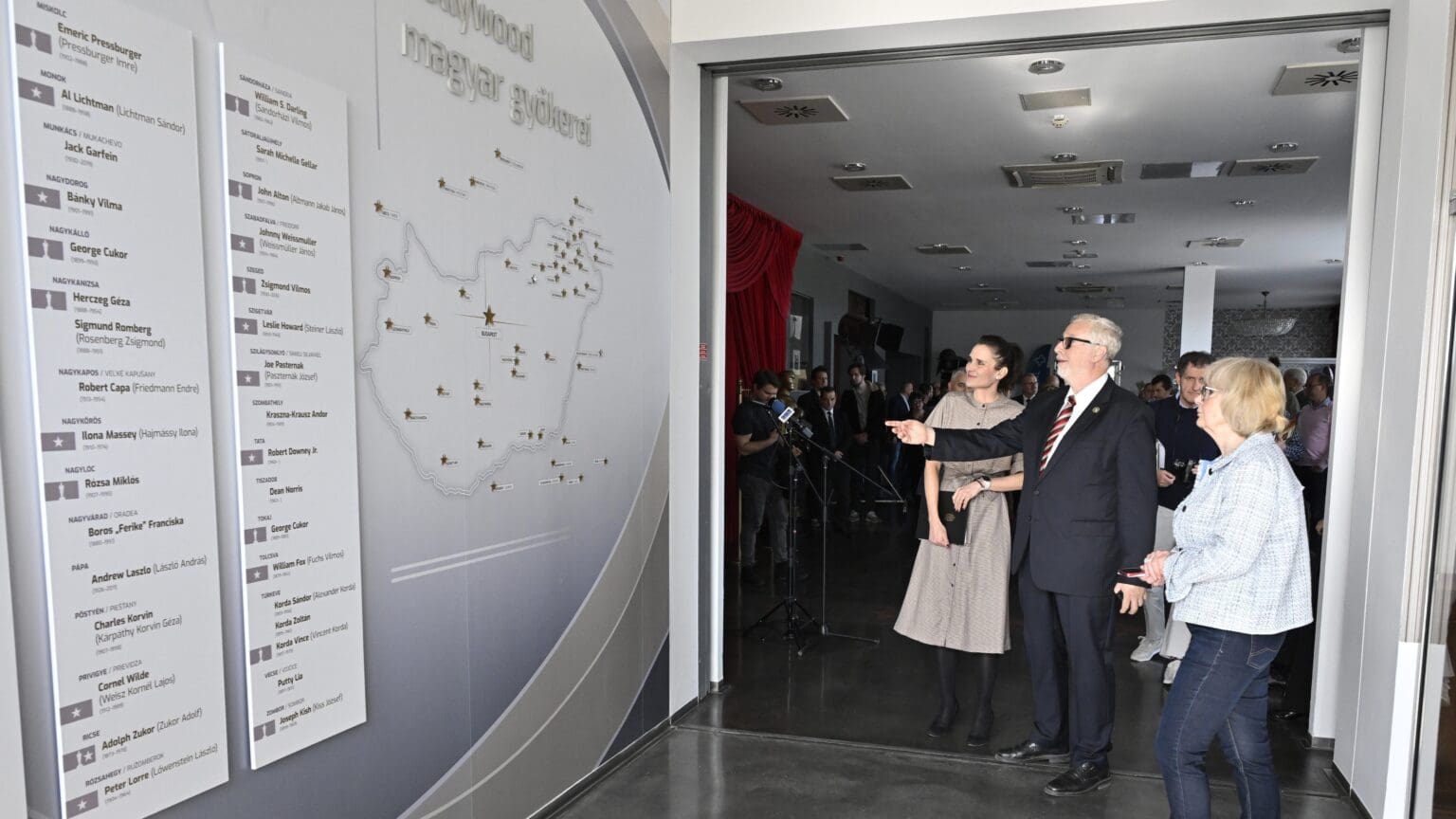
There are about fifty places in Hungary and in Hungarian-inhabited areas beyond the borders where Hollywood filmmakers or actors were born or have ancestral roots. The wall of Hollywood celebrities of Hungarian origin inaugurated in Budapest on 21 March pays tribute to them.